
Alejandro Grindlay Moreno, civil engineer and former vice-dean of the Association of Civil Engineers of Andalusia, Ceuta and Melilla (2018-2022) and professor of Urban and Territorial Planning at the School of Engineering of the University of Granada, has questioned on Wednesday the possibility that the Trans-European Transport Network will be completed within the horizons set by the EU, despite having clear and well-defined objectives. This is what he said in his speech at the round table "Rail Corridors. Financing and Planning in Andalusia', at the Technical Conference organised by ASIAN, Red Eléctrica España and the Port of Seville.
In Grindlay Moreno's opinion, it is necessary to unify investments by areas in order to close territorial and functional areas, as well as a greater financing oriented towards the rail corridors. "Despite having clear and well-defined objectives, the progress of the network is being very slow and difficult in our region, with significant delays in its development, which casts doubt on the possibility that this network will be completed within the horizons set by the EU," said the expert.
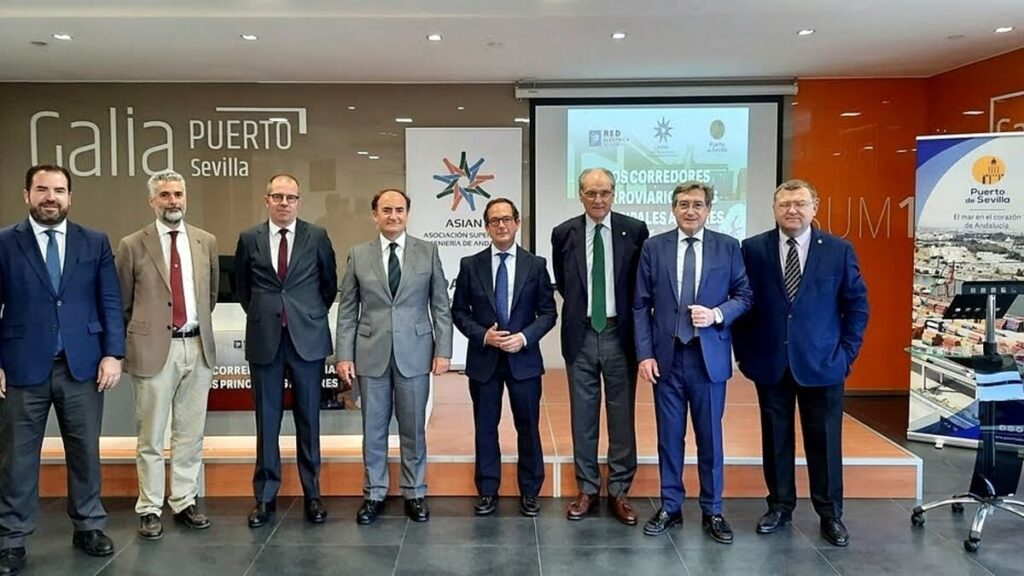
El nuevo Pacto Verde europeo va a significar un mayor impulso al desarrollo de los Corredores Ferroviarios para conseguir su ambicioso objetivo de alcanzar la neutralidad climática de aquí a 2050. “No obstante, en realidad se está muy distante de conseguirse esos objetivos”, ha reconocido el ex vicedecano, quien recalca que “la participación del ferrocarril en el reparto modal de mercancías es mínima y es preciso incrementarla y, en la red actual quedan numerosos tramos por completar”.
On the Mediterranean corridor
En el caso del Corredor Mediterráneo, existen diversos clúster concentrados en impulsar este trazado, que evidencian en sus informes de seguimiento de las obras “el extraordinario retraso” que llevan las infraestructuras propuestas en los diversos tramos y en sus distintos procesos de desarrollo; así como la inexistencia de fecha de compromiso de finalización por parte del Ministerio en algunos de ellos, sobre todo en el caso de Andalucía oriental.
In Almería, the platform #ObjetivoAlmeríaAVE-CorredorMediterráneo, which integrates more than 150 sponsoring companies, adhering and collaborating entities and which has become in less than a year the main lobby for the promotion of the Mediterranean Corridor in the province, warned in its last check-up in March of this year that "on the island of Almería we are worse off now than 20 years ago with the never-ending train".
Fernando Rivas Martínez, member of the Governing Board of the Demarcation of Andalusia, Ceuta and Melilla of the Association of Civil Engineers, is one of the technical experts of the group that periodically x-rays the state of the works. In his conclusions, he confirmed that it is necessary to speed up the works to meet the deadlines, completing this strategic infrastructure by 2026.
The platform's technical advisory group assures that one of the most delayed milestones are the infrastructures connected to the Mediterranean Corridor that are not merely railway, such as the dry ports; as well as the Almería-Granada line. If nothing changes in the Ministry's programming, the line will not be executed until 2026, which delays until 2030 at the earliest.
Rivas Martínez explained that progress has been made in a few areas. "A picture is worth a thousand words and from a bird's eye view it can be seen perfectly well that construction has not begun on the large structures such as motorway crossings, wadis and tunnels". As he underlined, "it may seem that there is movement, but we have barely 15 kilometres in works and around twenty cuts", the progress is minimal since the previous check-up in September 2021. In his speech, he urged the administrations to resolve the settlements, addenda and modifications that are still pending in order to unblock the financing and the updating of the prices of the materials.


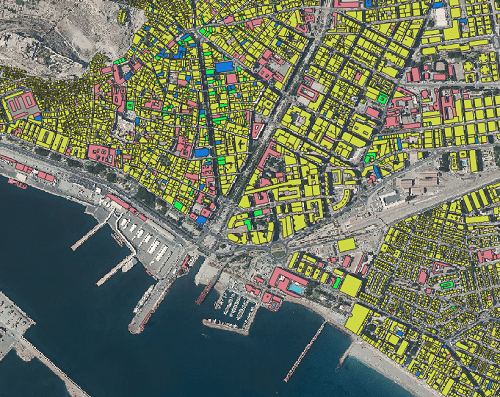

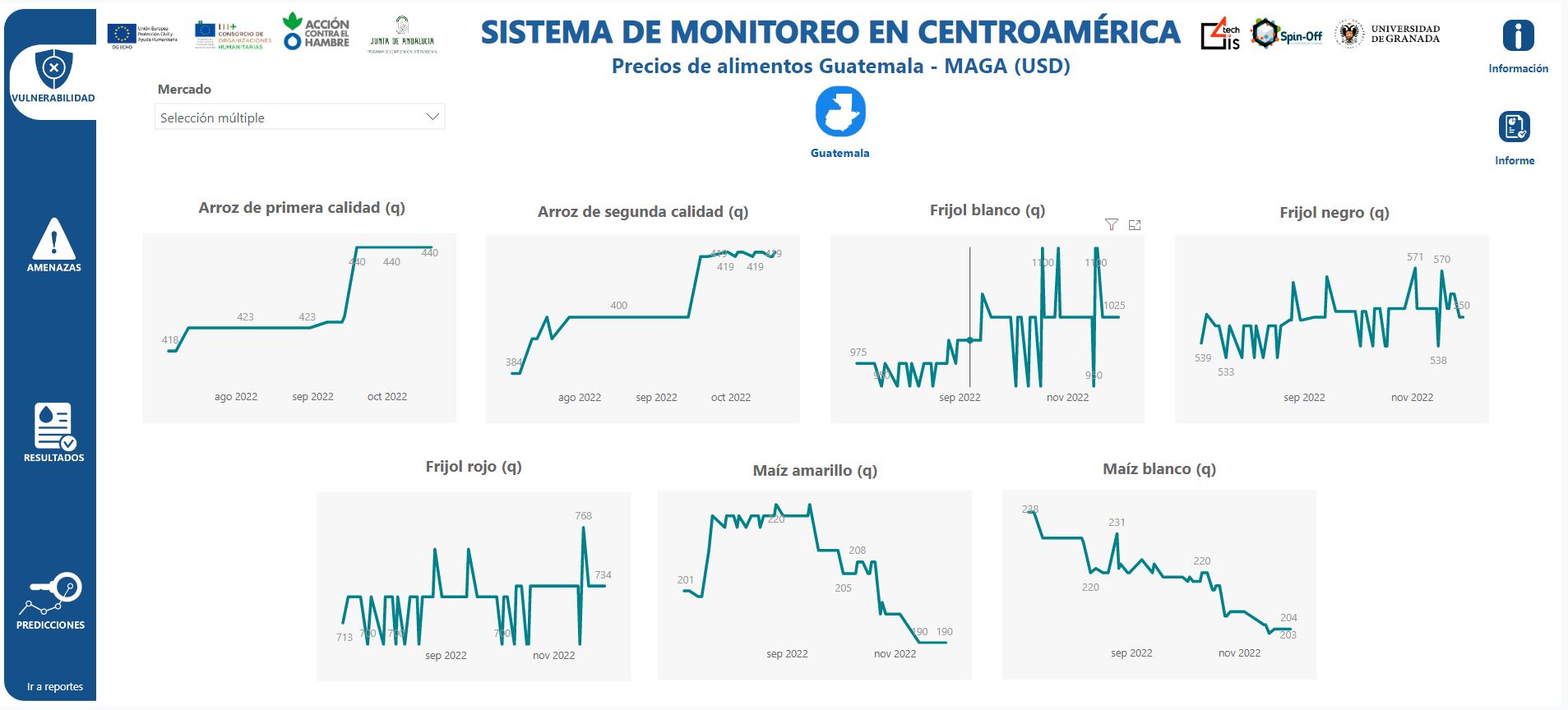
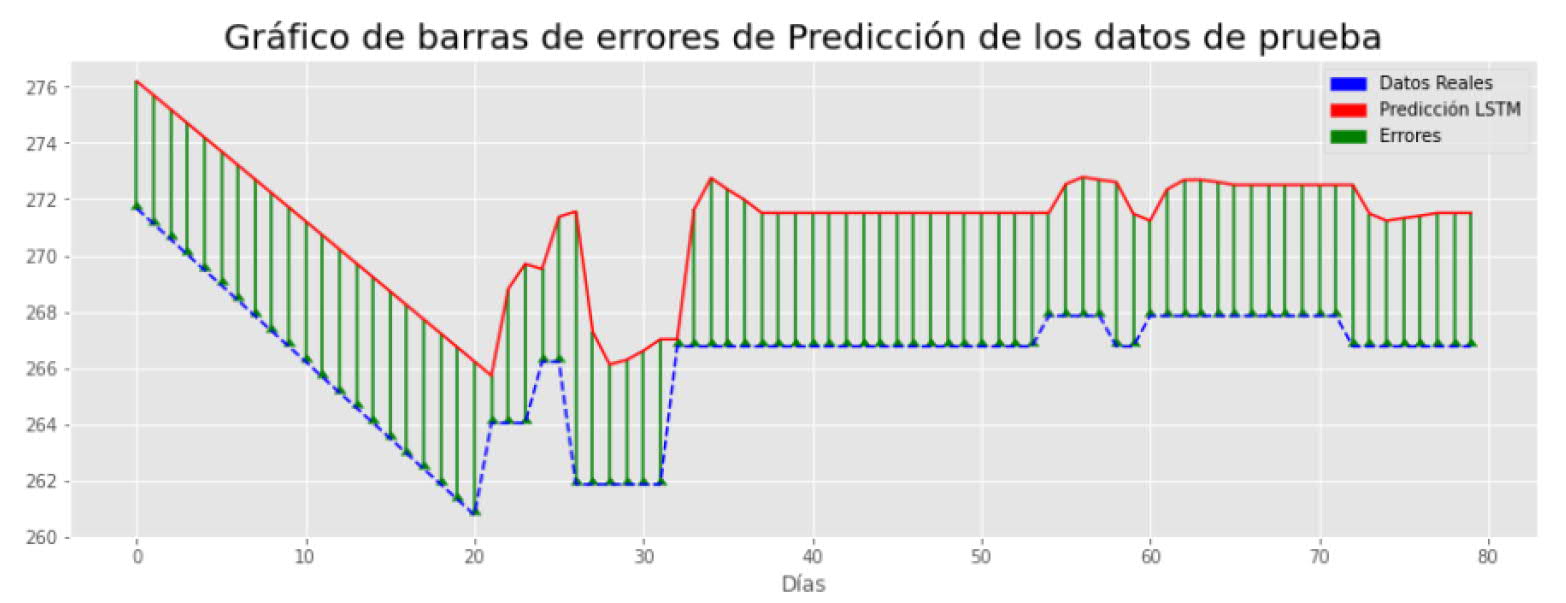
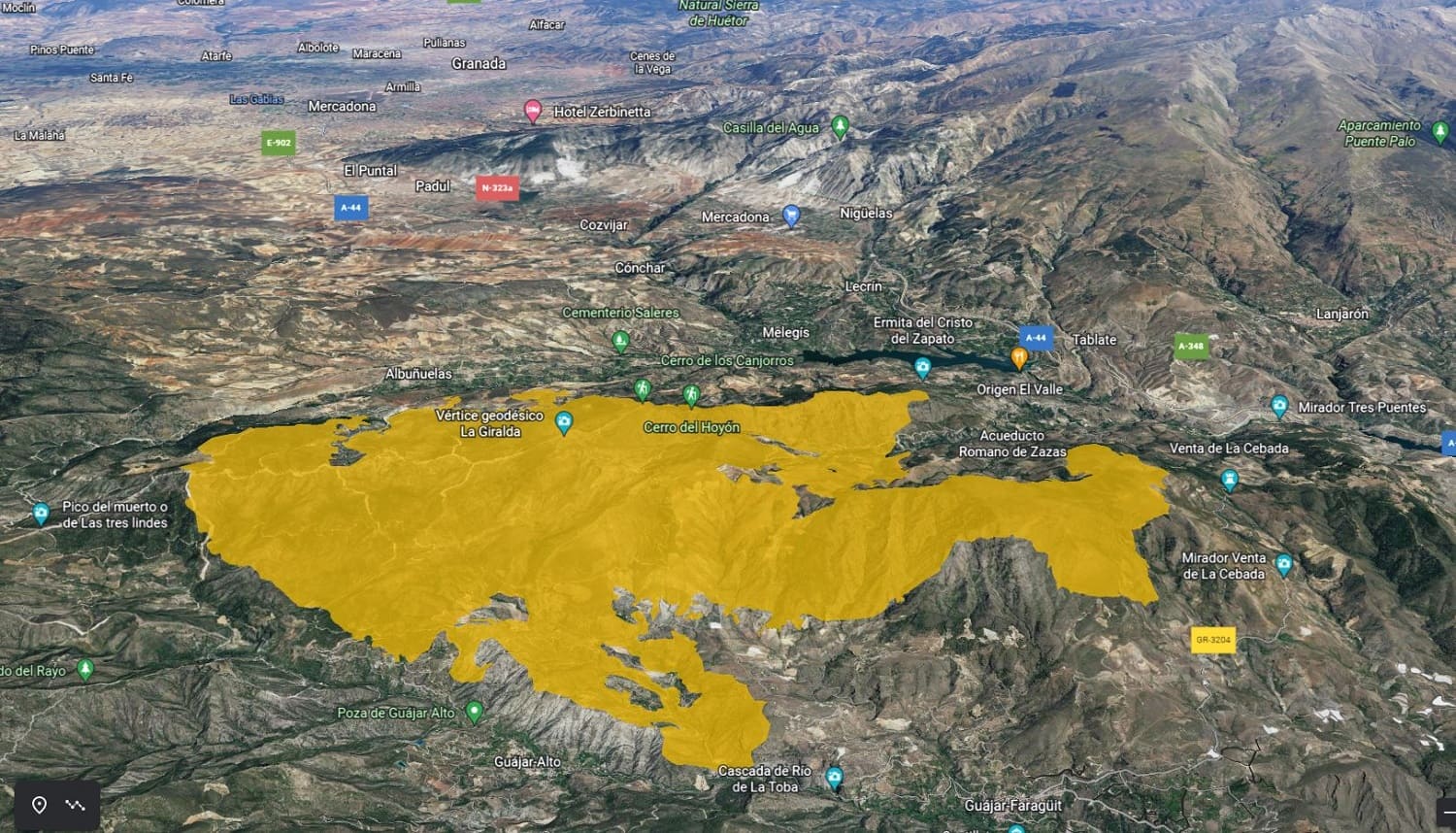
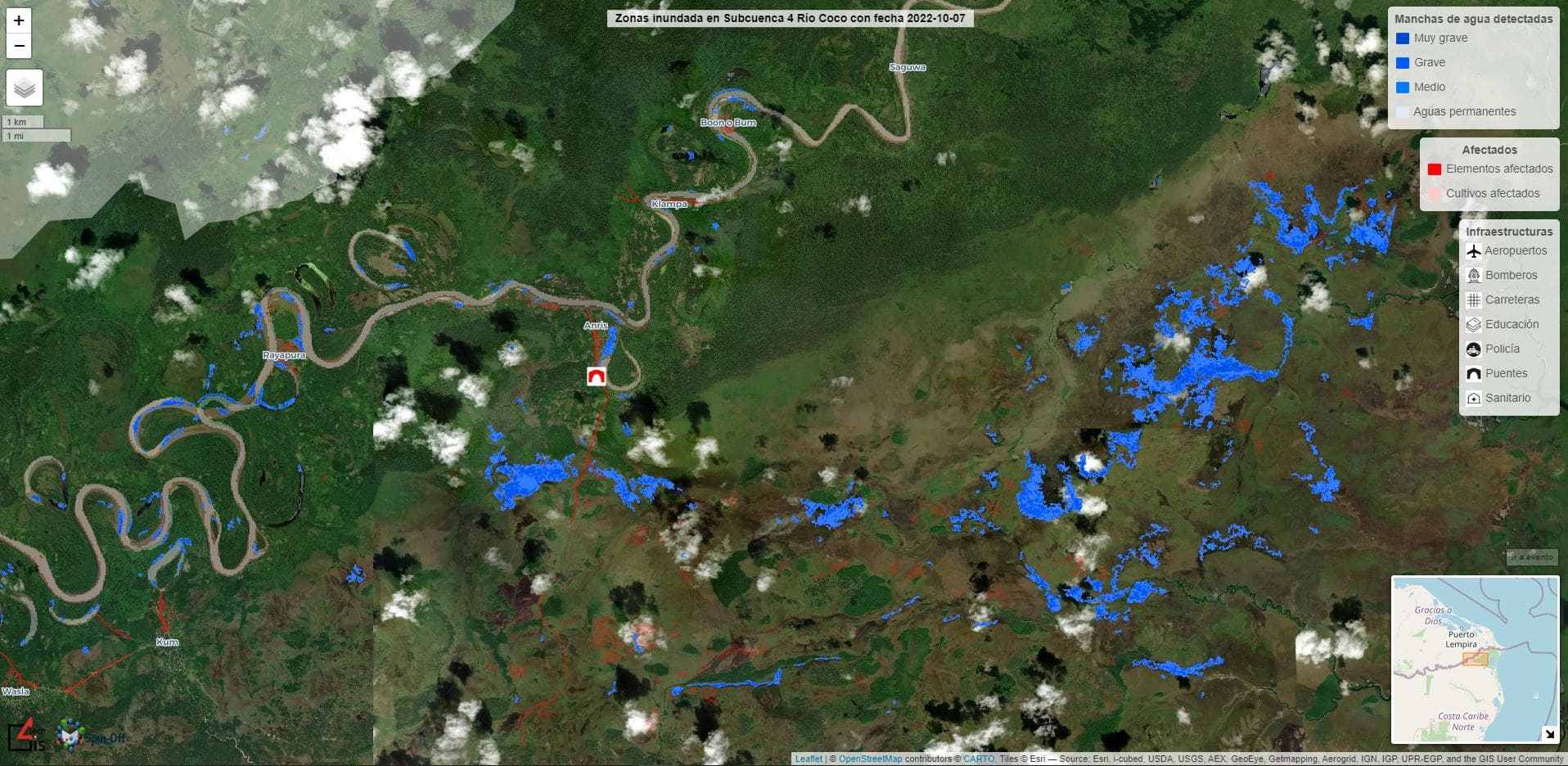
Correo electrónico: info@gis4tech.com
